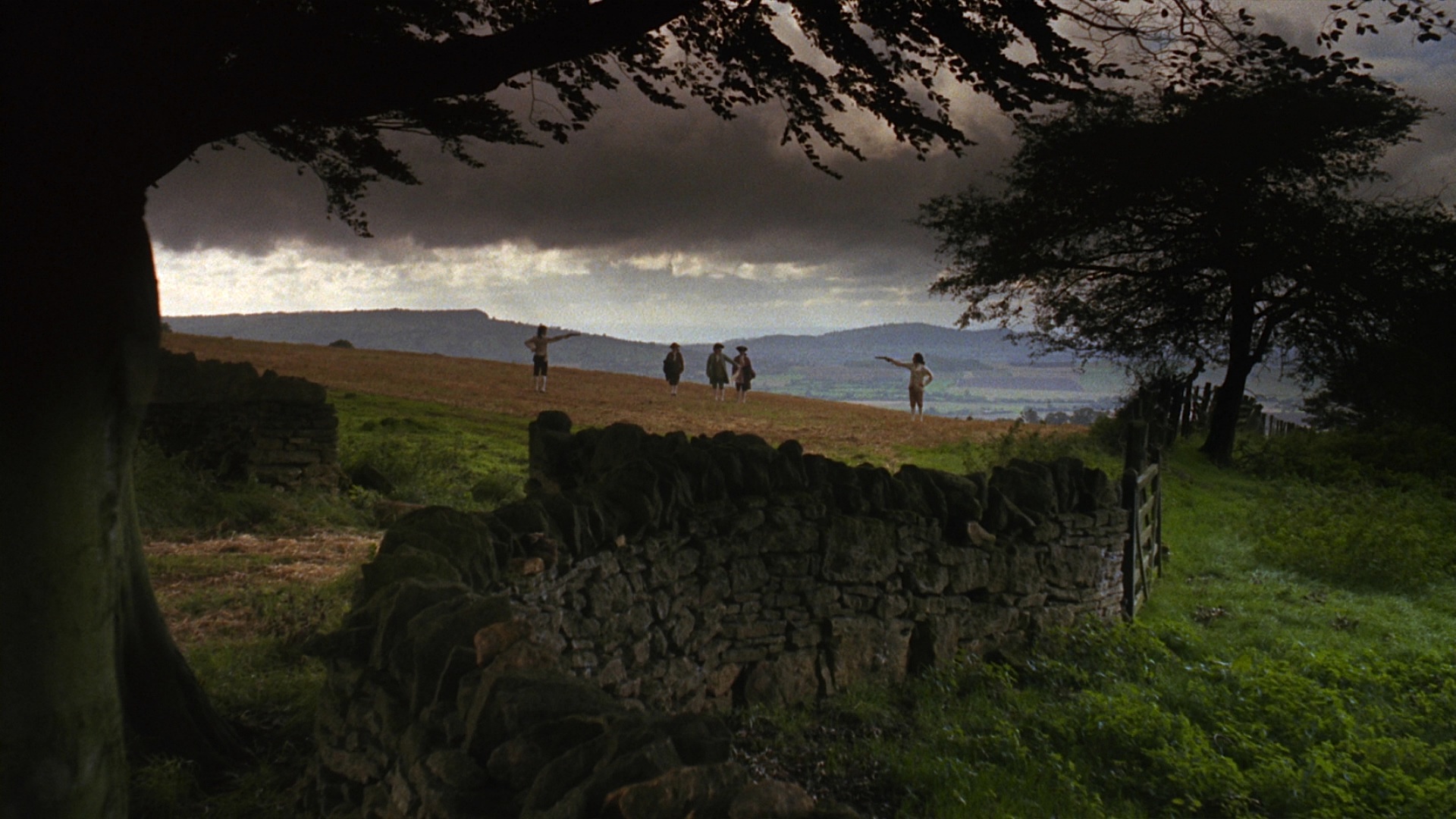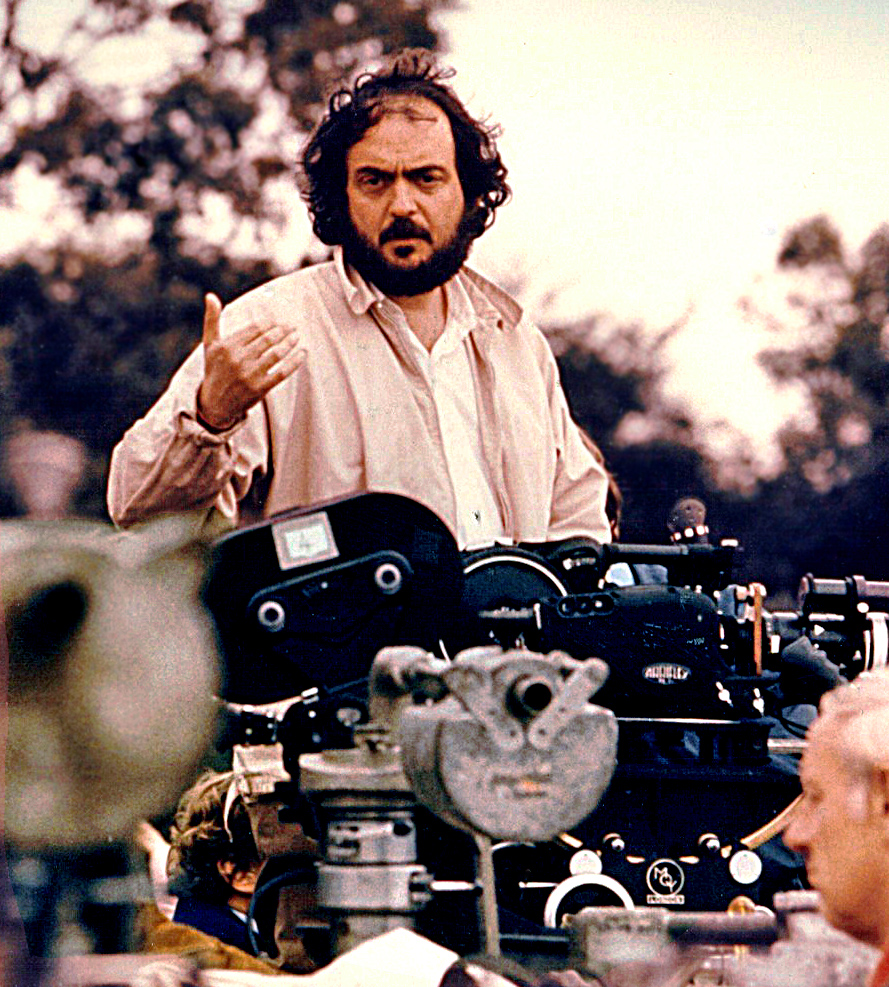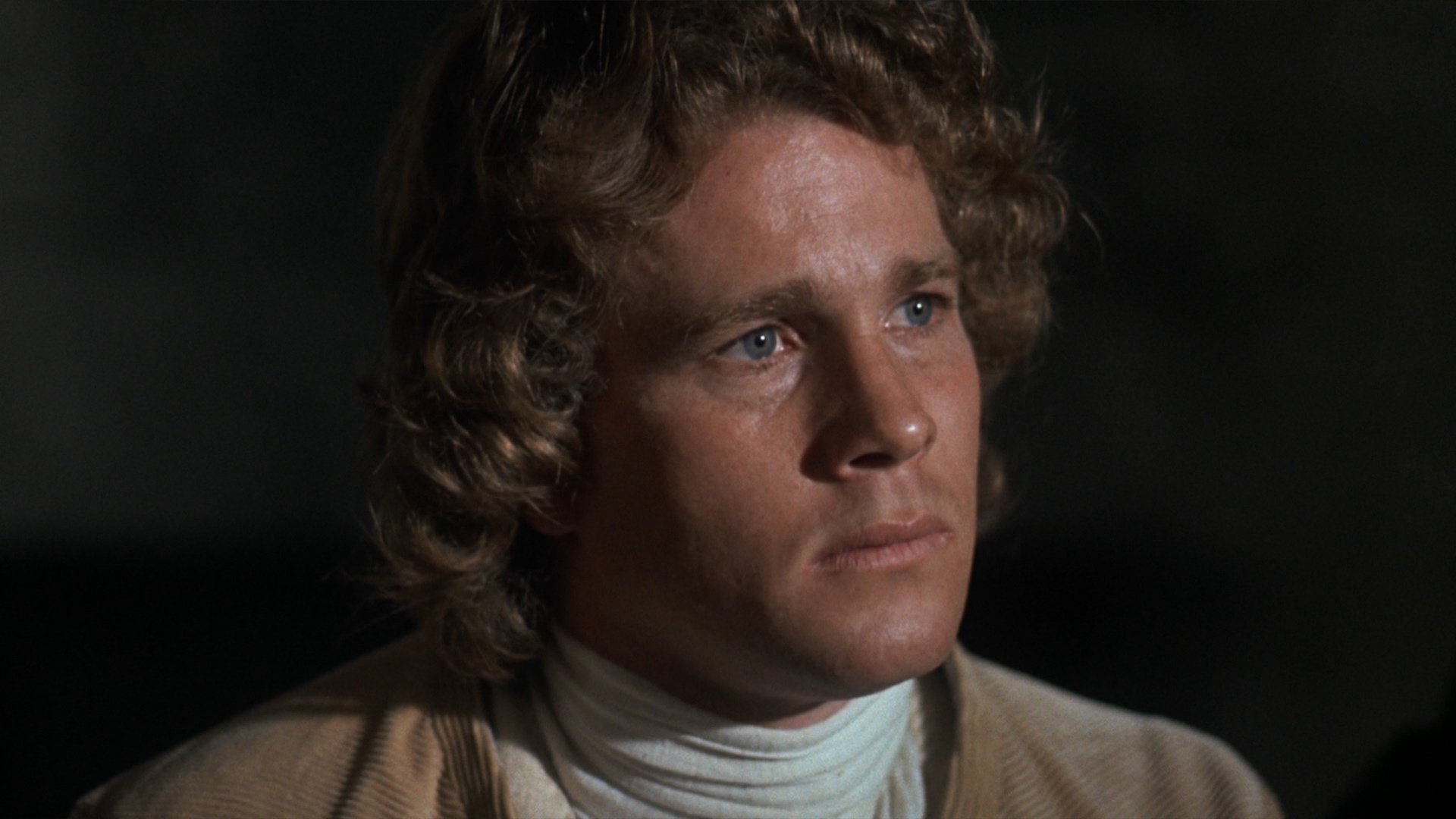Zubeida
Zubeida
5 stars out of 5 (Outstanding)
Hindi (English subtitles available), 2001
Director : Shyam Benegal
Writer : Khalid Mohamed
Indian cinema is probably the most unfortunate and misunderstood of all the world's filmic lineages. To add to its fertile woes, the bastardized term "Bollywood" infects its identity now. At the time of writing (2015), the country's movies have thankfully come into their own in every genre , except in high-end animation and mega-bucks smooth-as-silk special effects. But from the 1930s all the way till the 1990s , Indian films suffered grievously compared to their international counterparts in the technical department. One look at the majority of their ilk and you would instantly note the substandard pictoral quality, much less the phantom sound design. The nation's singers have always been non-pareil but the songs were still handicapped by instrumentation and recording that were klutzy and primitive. Direction and acting could still dazzle, but storylines, even the good ones, often fell prey to crass commercialism and many which chose audacious plots oft copped out with tame finales. Uncompromised cinema in the country was a rarely sighted animal. It wasn't until the final decade of the century that technical expertise consistently elevated this industry and the boundaries between expressly commercial fare and "art" films began to blur more and more. "Zubeida" , released soon after this juncture, in 2001 , is a stellar example of what the new era of top-tier Indian cinema could offer. Impressing in every department of film-making , it stands as a picture that was made with devotion to art and heart rather than to the box office register.
The film's true parent, Shyam Benegal's perfect direction notwithstanding, is the gentleman who birthed the screenplay : Khalid Mohamed - Hindi cinema's most famous film reviewer (although he himself likes to modestly dispute that truism) and a man who has steadfastly fired scud missiles at Bombay's copious celluloid drivel. The film's title character was Mr.Mohamed's mother , and the film is a transfer from real life. The script intertwines two story-threads : one in which Zubeida's rollercoaster life unfolds, while the skein's other part transpires twenty five years later at which time her son who has grown up, unravels the trajectory of her life from Bombay to a palace in the country's north.
Pic opens with a long voluptuous blood-red scarf that swirls against the blue sky while the opening credits appear (let me nitpick and say that had the dupatta been less glossy and more translucent , it would have seemed more natural and less like a screen-saver). Karishma Kapoor essays the beautiful young Zubeida, who is spunky, with a talent for the performing arts. Her mother is an essentially kind-hearted martyr Fayyazi (Surekha Sikri - textbook thespian finesse as usual) and her father is the elaborate-suit-sporting Suleiman Seth (Amrish Puri - an actor of more formidable voice and more forbidding physiognomy has not yet been born in the Indian pantheon). The latter is a hypocrite who will permit himself a mistress but not allow his daughter to even dance in their own house, much less take part in a film - this second aspect is shown in a colourfully scandalous scene in a studio.
Fate fingales a song and dance in a film as a lead actress for Zubeida and all those who see her perform predict a lustrous future for her. But as Seth drags her away, and dragoons her further into marriage to a spineless young doctor (MRCP - "member of royal cowardly physicians" in this case (Mr.K.M - please don't mind), Seth's lack of diplomacy again ruptures her world. But life's great tides are again attracted to Zubeidaa and a gallant and noble king from "Fatehpur" is smitten by her and a whirwind romance lands her in an imperial domain in the country's north. Having always been a free and proud soul, the complexities and hidden evils of those guarded walls slowly creep up on her - the king sincerely loves her but as times again become turbulent, a giant pernicious wave sweeps her up in its inexorable flow....
At the turn of the century from twentieth to the twenty-first, I would often stay awake the whole night to read Mr.Mohamed's reviews for special films - after one such "jagran", I read his review for the landmark "Dil Chahta Hai" which was accorded four stars out of five ("Excellent"). Incidentally , that was the same rating given for Zubeida by Times of India when its usual film critic could not review Zubeida due to obvious reasons and Radha Rajadhyakska had to step in temporarily. But I can honestly report that I can't find a fault with this film at all. Considering the ground and shifting terroir it covers, editor Aseem Sinha still makes it a seamlessly seguing tapestry. Mr.Mohamed once used to speak "mellifluous Urdu" (as he himself once stated) so I was puzzled why he gave the responsibility of dialogues to Javed Siddiqui. Nevertheless, after hearing the film's spoken word it is plain that Siddiqui performs a splendid service - the elegant , rich yet economic Urdu, and also the instances of Sanskritized Hindi spoken by the Rajputs, is laced with nuance, wit and style. Witness the verbal war, amidst childbirth, betwen Seth and his friend in their drawing room -one of the film's best scenes.
This is Karishma Kapoor's finest film (moreover she stands out in a film choc-a-bloc with terrific acts) , and watching it , for a well-wisher of Hindi films, makes it painfully obvious that she wilfully wasted the finery of her thespian verve on trashy commercial films for the most part. Benegal's direction and Mohamed's script carefully prevent her from turning into an outright firebrand (like how she became in "Fiza") - here that spunk is tempered with innocence, fragility and humour. She looks resplendently beautiful, in a gently glowing saree with immaculate make-up and light blue eyes , when she meets the king after his polo game, and her untramelled character is often forced to make so many sacrifices that she manages to convince us what might have eventually happened to that effervescent nature. In every single frame her acting sparkles so naturally that she deserves something more than just an Oscar. Manoj Bajpai, the uncrowned king of modern Indian acting , may seem an atypical choice for his regal role, but he ably justifies Mr.Mohamed's choice, particularly in the scene where his teary-eyed wife stands beside him and he addresses his villainous brother by displaying that fabled royal composure in the face of scandal.
Benegal wisely elects to pace the film using only parts of the music album's songs in the narrative, rather than following Hindi cinema's usual practice of songs playing in their entirety. That should not detract from the fact A R Rahman uses every strain of his mesmerizing genius in making every song of Zubeida at least a good one, apart from delivering evolved background music. The only track used in entirety is "Dheeme Dheeme" : it does not have a dozen dancers prancing behind the heroine and hero, but it does have a gentle cascade of sweet melody from start to finish. The toughest composition in the entire track which would have hamstrung lesser composers is the putative yesteryear gypsy number "Mein Albeli" - Rajadhyaksha in Times of India at the time of release called it "chico-chocolaty" : it actually extends to an entire smorgasbord of potpourri as Rahman showcases his legendary yen to spin melody out of thin air and engineer tune and rhythm, with superior sound design, from end to end. The song "Hai Na" which very few people care to remember, played in my mind during one of the happiest moments of my life as I leaned out of a Mumbai local train presuming ("presuming" is the operative word) that I'd aced my physics finals. The film's audio is complemeted by Rajan Kothari's lens which achieves excellent results with minimal camera movement and by Samir Chanda's fine production design. The latter merit can evidenced in Seth's home's restrained yet tastefully decorated Persian-meets-modern interiors, to the terrace of Zubeida's regal outpost which has a marvellous view of lake-graced plains.
Before "Zubeida" released in 2001, I had bought its audio casette - about 12 cm X 7cm as per the usual size - the beautiful thick paper cover inside the plastic case was of a regal yellow hue with the film's title inscribed in elegant yellow lettering, with petite baroque designs flanking it while Karishma Kapoor's fine alabaster visage with coiffed tresses shone like a queen who could be from any part of the world. The real-life story it was based on transpired about fifty years before that , and the characters in it used gramaphones. Shortly after I listened to that cassette's music to my heart's content, cassettes went out of fashion and wafer-thin discs came into use. Not far in the future , they will be replaced by even more compact devices, but outstanding art , like this exquisite film, deserves to transcend physical media. When recalling such cinema, we recall the careful craft which went into them and the universal human emotions they so finely depict - sadness, swooning ecstatsy, impossible regret....Who can say whether these sentiments are ephemeral or eternal?
UPN
UPNWORLD welcomes your comments.













0 COMMENTS
WRITE COMMENT